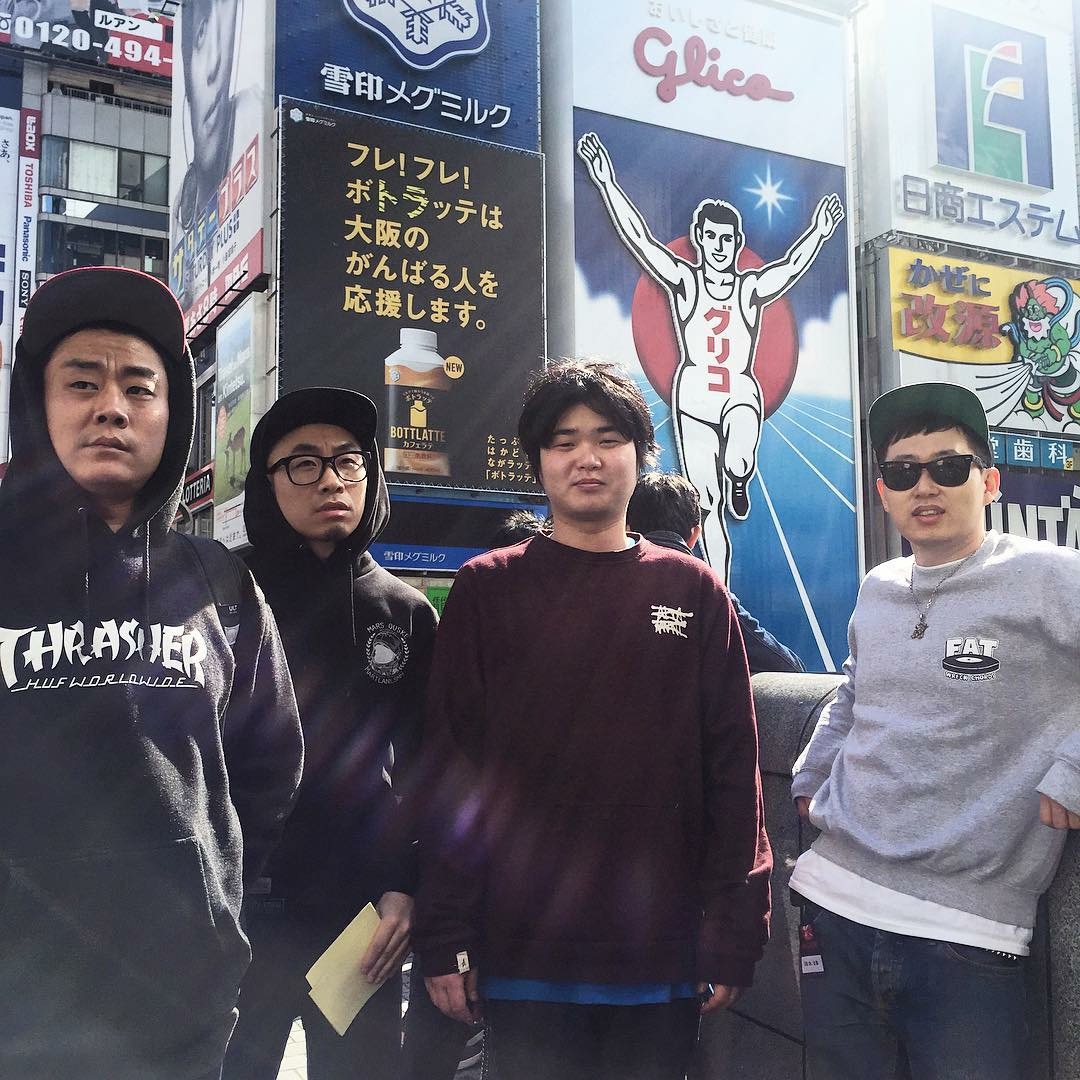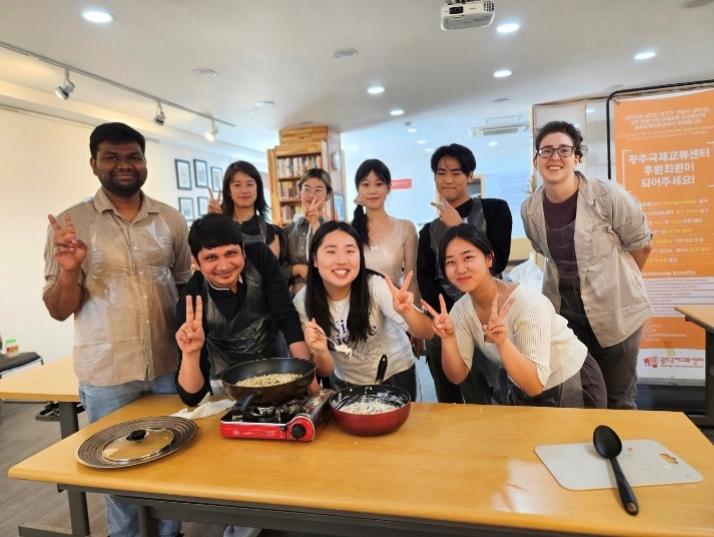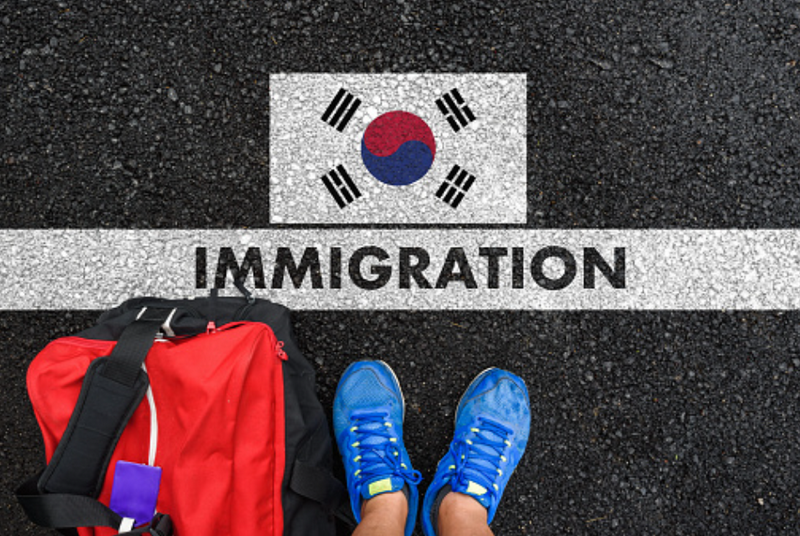Gwangju as an Exchange Student – Expectations Versus Reality
By Lisa Ghilardi
I have just come to Gwangju to do a four-month student exchange program. It got me a lot of “whys,” like “Why South Korea?” and “Why not Seoul?”
It is true that, although South Korea is known around the world now, it is not only for good reasons. Why go to the region of the world most threatened by a nuclear power such as North Korea? As a woman, I was also concerned over how women are treated in Korean society: After all, South Korea has the highest wage gap among OECD countries.[1] Married women can still be called jip-saram, literally meaning “person of the house,” while married men are the bakkat-yangban, which means “gentleman of the outside.” Curiously, it was also the fact that South Korea was known as one of the most modern countries in the world that worried me: Really, how was I going to be able to make friends in the most digitally advanced country in the OECD[1] when I am not a social media person?
But the latter is also what drove me here: curiosity about the world’s modernity test tube. Whose interest would not be caught by the economic miracle that had the national economy grow about 800 times in six decades, going from $2 billion USD in 1961 to $1.6 trillion USD in 2019?[1] I could only wonder from afar what it would be like to be immersed in a society capable of such radical and fast-paced change. And what a cultural shock it would be! I was always fascinated by the differences between Asian civilizations and those of the Occident: Our ways of thinking and our cultures are a study in contrasts. All this seems particularly true in South Korea, where the ultra-rapid modernization sometimes feels like a veneer over what is still a country entrenched in traditions.
That is what I came looking for in Gwangju: the traditions and culture that South Korea is currently evolving from. Gwangju is not the increasingly global society of Seoul; a foreigner here can still get the experience of alterity that should go with any real travel. People can still be surprised here with your altogether “otherness,” be it the way you dress, the way you talk, or the color of your eyes. One Korean friend, in fact, told me that the blue or green color of the eyes of some of his Occidental acquaintances was what struck him the most when meeting them.
This sentiment of “otherness” is fortified by the fact that few South Koreans can speak English, at least in Gwangju. Yes, it is true that the troubles to communicate make it more difficult to make South Korean friends: As a lot of them consider themselves not to have a good enough level of English, they are too shy to talk to foreigners. But those who are not make for fantastic conversations and very thoughtful friends. I, for example, am learning Korean with my “buddy” – a person who volunteered to help me navigate the university and life in Gwangju in general – whom I help in return with English.
Difficulties aside, the language barrier does not stop South Koreans’ extreme kindness from shining through, like that of an elderly couple who gave me water and milk when I was thirsty. They did not speak a word of English, but we communicated through body language and one-word sentences. There was something touching about me simply managing to learn their names and them mine. I am not sure I would have found the same kind of generosity in Seoul due to the bbali-bbali (“hurry-hurry”) lifestyle more prominent there. I would have to get this train, this cab, or this green light or I would be late! When I went to Seoul to visit, I was unsurprised to find the metro filled with people glued to their phones, insensitive to the plight of the person having a problem with their ticket right next to them. Seems like it is the same in every capital.
But part of this nonchalance when confronted by another’s problem could also be cultural: At least, that is what some of those who warned me before coming here believed. In their words, South Koreans took the appearance of faraway statues: beautiful but cold and silent. I have to say, before coming here, I had this image of the perfect Korean person with delicately pale skin, tastefully applied make-up – not only on the women – and stylish yet discreet clothes. She or he would appear shy, nice almost, but as unapproachable as the moon.
South Koreans’ reputation does nothing to help disabuse us of those kinds of notions: There is a true worship of the appearance here, of how to look perfect. Be it on social media or in photo studios, there is no shame here in embracing our narcissistic side and looking at ourselves in the mirror at our own leisure. South Koreans do more than look, too: In Seoul, 20 percent of women aged 19–49 have undergone plastic surgery, which is one in five women.[2] It is less true in Gwangju, but there is still a flagrant dichotomy between this quest of having a doll-like face that is impassive and serious, and the locals’ multiple acts of kindness.
Indeed, like Janus, Koreans seem to have two faces: The one they want to present to the world, smooth and placid, and one caught in a stroke of passion, which randomly bursts during the day and can take over at night. I was, in fact, shocked to witness the difference between South Koreans at a concert, a bar, or a restaurant, and their general attitude: They talk loudly, laugh with abandon, and invite you to drink with the same generosity that I talked about earlier. It is literally night and day. It is not for nothing that South Koreans are nicknamed “the Italians of Asia”: Like their food, they appear sweet, but are spicy underneath. I can only hope to enjoy it and not get burned too much during my stay.
Sources
[1] Gender equality: Korea has come a long way, but there is more work to do. (2021, October 25). OCED. https://www.oecd.org/country/korea/thematic-focus/gender-equality-korea-has-come-a-long-way-but-there-is-more-work-to-do-8bb81613/
[2] modernworkers (2012, July 20). 1 in 5 Korean Women Had Plastic Surgery. Before It’s News. https://beforeitsnews.com/china/2012/07/1-in-5-korean-women-had-plastic-surgery-2416189.html
Photo via Pixabay
The Author
Lisa Ghilardi is a French exchange student at Chonnam National University. She loves traveling and has lived in Spain, the United States, and of course, her native France. She wants to keep writing about her travels in her free time. She is also addicted to cookies and udong noodles. Instagram: @lisa_gf





